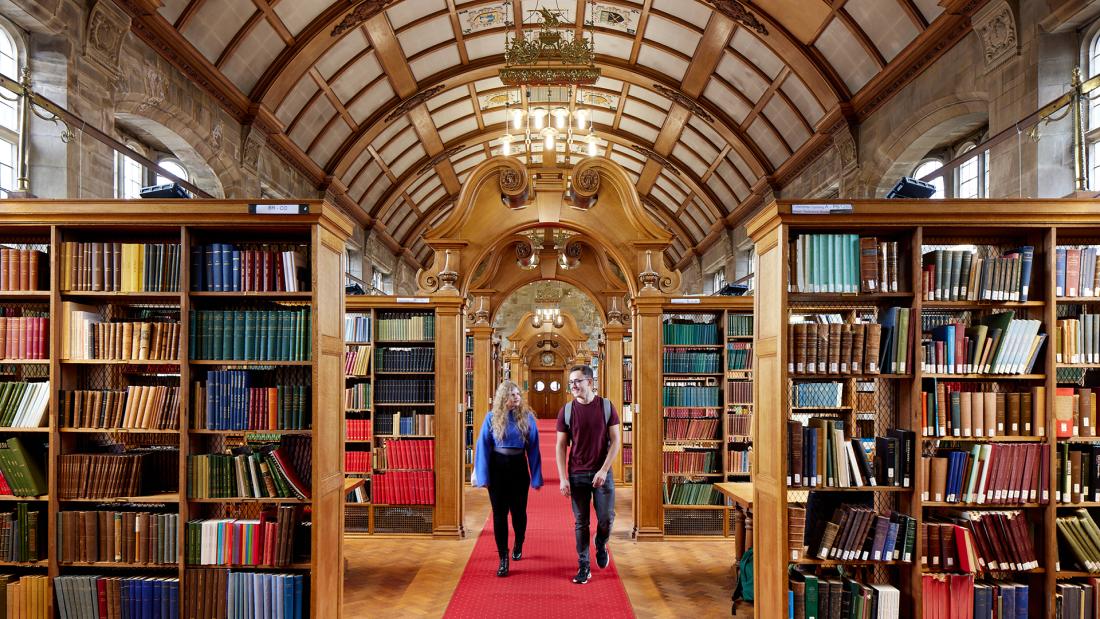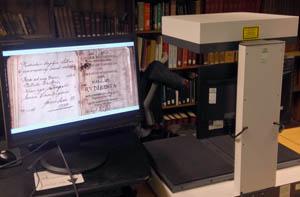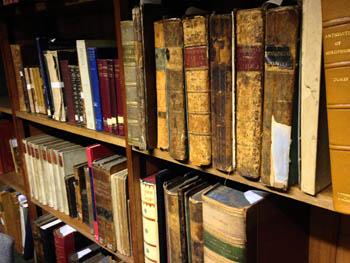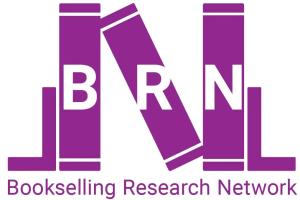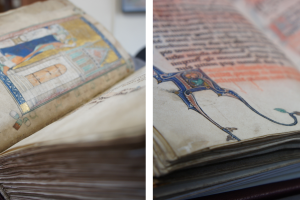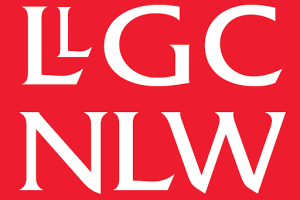2019: The Romance of Bookselling: the Value of Bookshops, Past and Present
Samantha J. Rayner, Reader in Publishing and Director of Centre for Publishing, University College, London
Samantha Rayner is the Director of the Centre for Publishing at University College, London. She teaches and writes on publishing and book related topics, with special interests in publishing archives and publishing paratexts, bibliography, the culture of bookselling, editors and editing, bibliotherapy, and academic publishing. She was the Principal Investigator on the influential AHRC/British Library Academic Book of the Future Project (see http://academicbookfuture.org/ ). She is Deputy Editor for the Journal of the International Arthurian Society, and the General Editor for a new series of publishing mini-monographs with Cambridge University Press.
The Centres’ directors wish to thank Dr Samantha Rayner for giving such an interesting and entertaining talk to a full audience at the Hen Goleg, College Road. The paper featured the history and development of two publishing houses run by women: Foyles bookstore of Charing Cross Road run by the charismatic, autocratic Christina Foyle, and Dillon’s University Book Shop run by the self-made, level-headed and resourceful Una Dillon in Tottenham Court Road.
'Tatters and patches in early modern England: finding old texts in new books'
Adam Smyth, Professor of English Literature and the History of the Book, Balliol College, Oxford
Adam Smyth is Professor of English Literature and the History of the Book at Balliol College, Oxford. He works on the intersection of the literary and the material, the archival and the canonical, particularly (but not exclusively) in the early modern period. His most recent book is Material Texts in Early Modern England (Cambridge University Press, forthcoming, 2018), which explores the inventive materiality of early modern texts, and the remarkable things readers did to books in the name of reading (cutting, pasting, annotating, burning).

